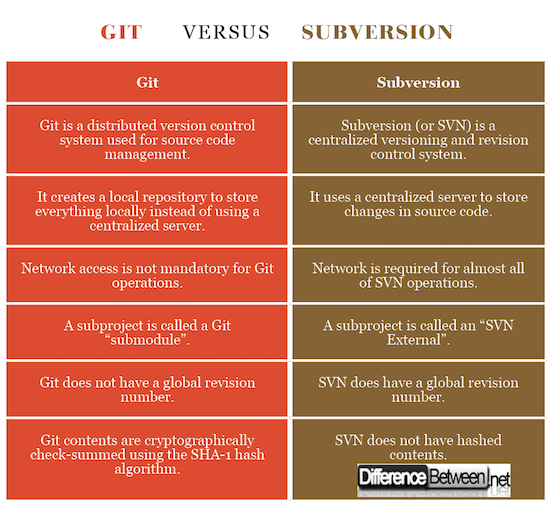The iPhone Vs. Smartphone Debate: Unpacking the Distinctions
Smartphones have become an integral part of our daily lives, connecting us, entertaining us, and providing a world of information at our fingertips. However, the term ‘smartphone’ is often erroneously used interchangeably with ‘iPhone,’ a brand that has almost achieved the status of a generic trademark. In this blog post, we’ll dissect the differences between an iPhone and the broader category of smartphones, exploring their functionalities, market presence, and the technology in each that defines them.
The Evolution of Mobile Technology and The Age of Smartphones
Before the era of smartphones, mobile phones were primarily used for making calls or sending texts. The advent of smartphones revolutionized the industry, introducing a blend of mobile phone capabilities with those of traditional computing power. The year 2007 marked a significant milestone with the launch of the first iPhone, an event that redefined what a mobile phone could do. In the present day, smartphones are more than just communication devices – they’re powerful computers that fit in your pocket.
Defining iPhone and Its Historical Significance
The iPhone, introduced by Apple Inc., is a line of smartphones renowned for their robust design, cutting-edge features, and a user interface that sets benchmarks in the tech world. As a pioneer in the smartphone industry, the iPhone was the first to integrate touch-screen technology with internet connectivity and media consumption, sparking an evolution in mobile design. Its introduction rendered traditional mobile phones almost obsolete and laid the foundation for modern smartphone culture.
Understanding the Broader Category of Smartphones
Smartphones, as a broader category, encapsulate devices from various manufacturers that offer an advanced operating system capable of running third-party applications. They are designed to execute a myriad of tasks such as browsing the internet, taking pictures, playing multimedia files, GPS navigation, and much more. Unlike feature phones, smartphones are distinguished by their more extensive computing abilities and connectivity, making them versatile tools for both personal and professional use.
Detailed Comparison: iPhone vs. Other Smartphones
Hardware and Design
The iPhone is famed for its seamless hardware integration, sleek design, and the innovative use of materials. The marriage of software and hardware in each iPhone iteration ensures a high level of performance and a premium feel. On the other hand, many android smartphones offer a wide range of designs and form factors, from budget-friendly plastic devices to high-end, metal and glass-clad handsets, all of which cater to various consumer tastes.
Software Ecosystem
The iOS operating system, exclusive to the iPhone, is highly optimized for the hardware it runs on, providing a smooth and intuitive user experience. Apple’s ecosystem includes the App Store, iTunes, and iCloud, creating a seamless and secure environment for users. In contrast, Android, the most popular mobile OS, boasts a diverse app marketplace and the ability for heavy customization, making it the go-to choice for tech enthusiasts who prefer personalization and freedom.
User Experience
Apple’s tight control over the iPhone’s hardware and software allows for consistent interface and performance across devices, which ensues a user experience that’s often praised for its simplicity and reliability. Android, by being open-source, provides a more fragmented user experience, with variations in performance, features, and UI among different manufacturers. The choice between the two often comes down to personal preference and the user’s specific needs.
Market Share and Consumer Preferences
Apple’s iPhone maintains a significant share of the smartphone market, with a loyal customer base that values the brand’s reliability, security, and customer service. On the other hand, the slew of android smartphone options caters to diverse consumer segments, from flagship models with state-of-the-art features to value-oriented phones that deliver a solid smartphone experience at a lower cost. The consumer preference for iPhone versus other smartphones often mirrors global industry trends and marketing strategies.
Future of Mobile Technology and Impact on iPhone Vs. Smartphones
With advancements in technologies like 5G, AI, and foldable screens, the future promises more powerful, more integrated smartphones. Apple continues to innovate with each iPhone release, focusing on better cameras, faster processors, and enhanced privacy features. Meanwhile, the android ecosystem is also evolving to bring expansive features and options to users, pushing the envelope of what smartphones can achieve.

Conclusion
The dichotomy between the iPhone and smartphones at large is not just a matter of semantics; it signifies a deeper understanding of consumer technology and the choices available to individuals in the digital age. Both the iPhone and other smartphones have their place in the market, each with its strengths and appeals. As technology marches forward, it is the user who will ultimately benefit from the continual advancements in mobile devices, with a plethora of choices to cater to their digital lifestyles.
We invite readers to share their experiences and insights into this ongoing debate. What factors influence your choice between an iPhone and other smartphones? Do you believe the distinction is relevant to the average consumer, or is it merely a matter of preference? Engage in the conversation, and subscribe for future discussions on the changing landscape of mobile technology.








